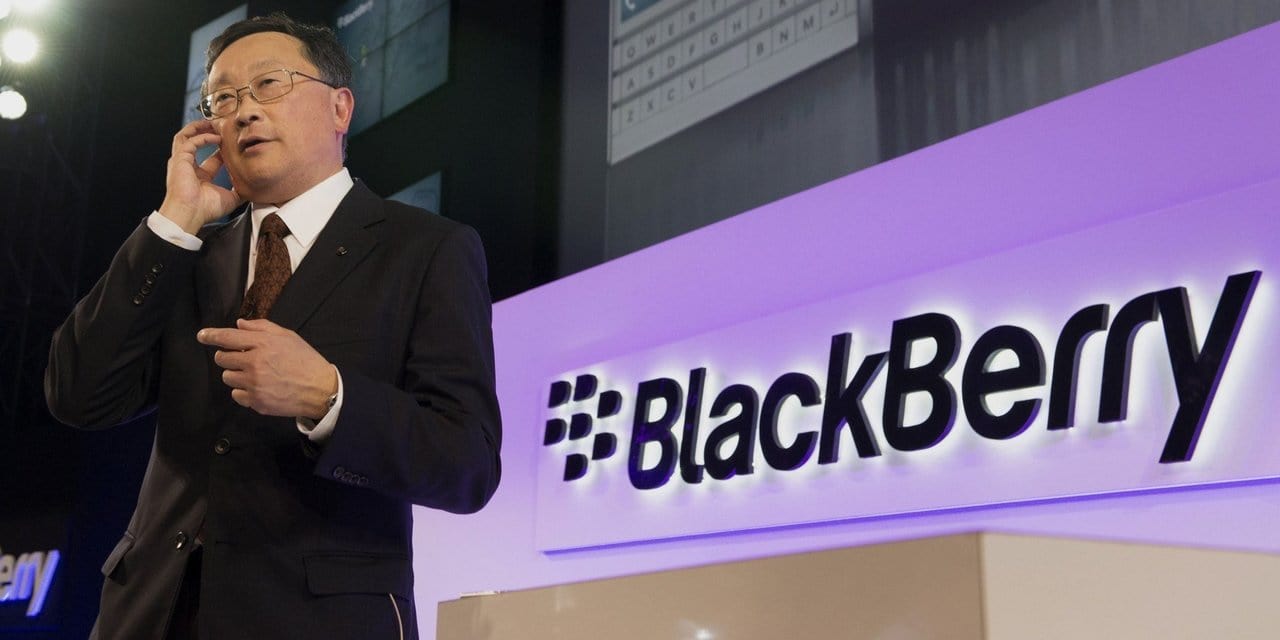In October last when DTEK 60 was launched as a high-end BlackBerry Android phones, it was intended to compete with Google Pixel. On pricing, BlackBerry scored pretty high because it was retailing at 39% less than its competitor Google Pixel XL. Over and above the lower price, BlackBerry also offered a more trusted and established security. But, in retrospect, BlackBerry failed in effectively communicating these advantages to the masses
BlackBerry Android Phones: Poor marketing focus
If BlackBerry had been agile with its marketing, the DTEK could have been the best high-end Android option for “informed customers”. But, BlackBerry perhaps missed the bus by miles.
BlackBerry is already on record with its intent to exit the branded handset and direct hardware business and focus instead on a software model that is compatible with other Android phones. BlackBerry meantime is expected to release, what should be its last Android phone, which according to rumors should be DTEK 70.
The DTEK 60’s entry in late October 2016 was a whole year after BlackBerry released its first ever Android smartphone Priv with a slideout keyboard to lend it the unique appeal. But what makes it an alternative to Google Pixel?
Comparing DTEK 60 with Google Pixel
Let us consider someone looking for an Android smartphone at the very high end. This person is not particularly looking for the “plain vanilla” or visible skin Android and is somewhat suspicious of some Chinese vendors controlling software that runs some of these devices. The security concerns are not mere figments of imagination and are validated by spyware that got installed on some of the brand new smartphones.
Now let us consider the Google Pixel that came in October 2016. Customarily, Google controlled its OS and provided users with great updates for long shelf life. But the October release was simply a renaming, albeit with a steep increase in price from $349 to $649. If the price was itself not a deterrent, the expandable storage is also absent on the Pixel, similar to Apple. Therefore, users wanting more storage than the inbuilt 32GB, the 128 GB version came at $749. Now comes the resolution which is “only” 1080×1920 for the 5.0” display which may be good enough for many of us. But, if you consider the gold standard for some of the finest smartphones, then you must have a 5.5” screen with 1440×2560 resolution which means you cough up another $1290 taking the total price to $869. And, that is the price for a phone with altered appearance, suspicious security and no USB-C format for charging.
BlackBerry Android Phones – Advantages galore DTEK 60
This is where the BlackBerry DTEK 60 comes in to fit the bill that matches nearly all the specifications of Google Pixel SL, but costs just $499 which is way below the $869 for a Google Pixel sporting 128 GB storage. The only attribute that perhaps stands against the DTEK is its internal storage which is 32GB. But you can use the expansion slot for MicroSD and the card costs $30. Add up that cost and the DTEK is still $529. Remember also that your MicroSD card is portable and can be used on other devices. That makes the DTEK cheaper by $340 or about 39% less than the Google Pixel even after adding $30 for the MicroSD card.
Despite all the advantages, BlackBerry could not create a dent in the marketplace because an average consumer seldom makes such striking comparisons before investing his money. Oftentimes, he is done in by the marketing gimmicks played by the more prominent names in the industry.
BlackBerry Android Phones – did BlackBerry lose its way
BlackBerry once enjoyed a great reputation with its QWERTY phones, but somehow lost its way when the Android and iOS phones hit the market. Presently BlackBerry is on record that it is exiting the handset and hardware business in pursuit of the more profitable software business. But, the million dollar question remains, Can BlackBerry be BlackBerry without its smartphones? BlackBerry phones have always been the outreach and face for the company since the beginning of the century when BB’s fortunes were skyrocketing.
Nevertheless, the new CEO John Chen appears to have charted out a new course for BlackBerry, sans its secure phones.

